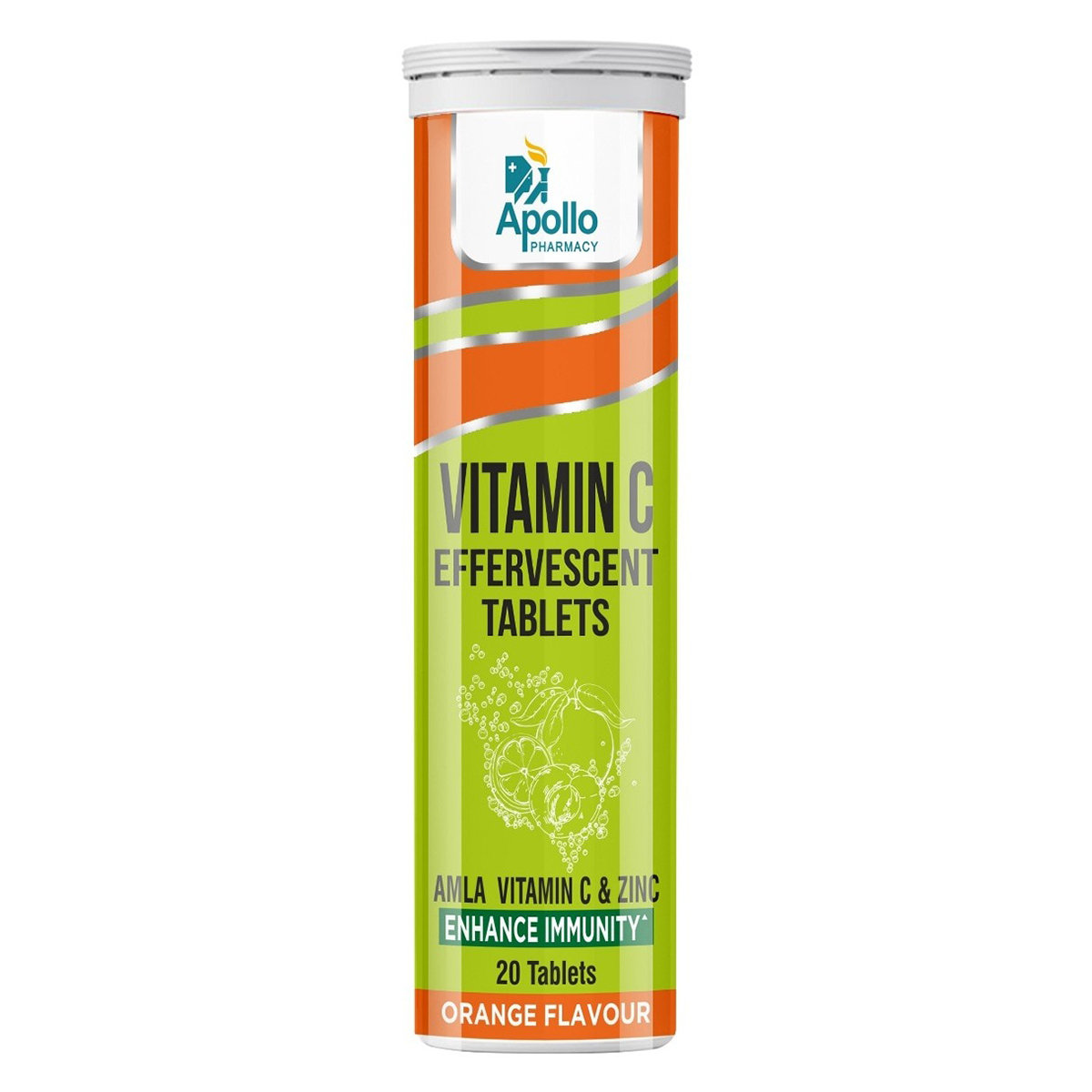Walamycin Suspension 30 ml
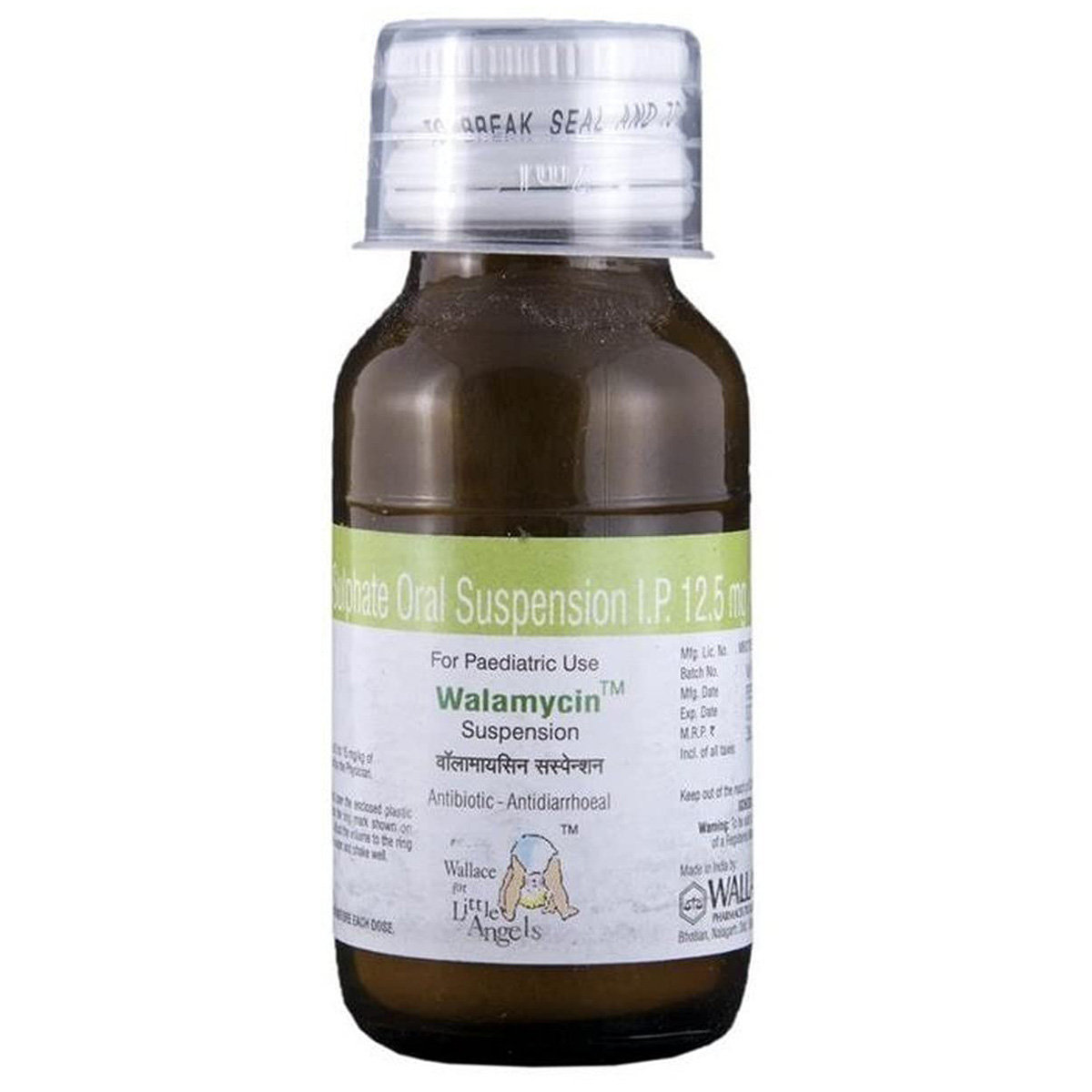
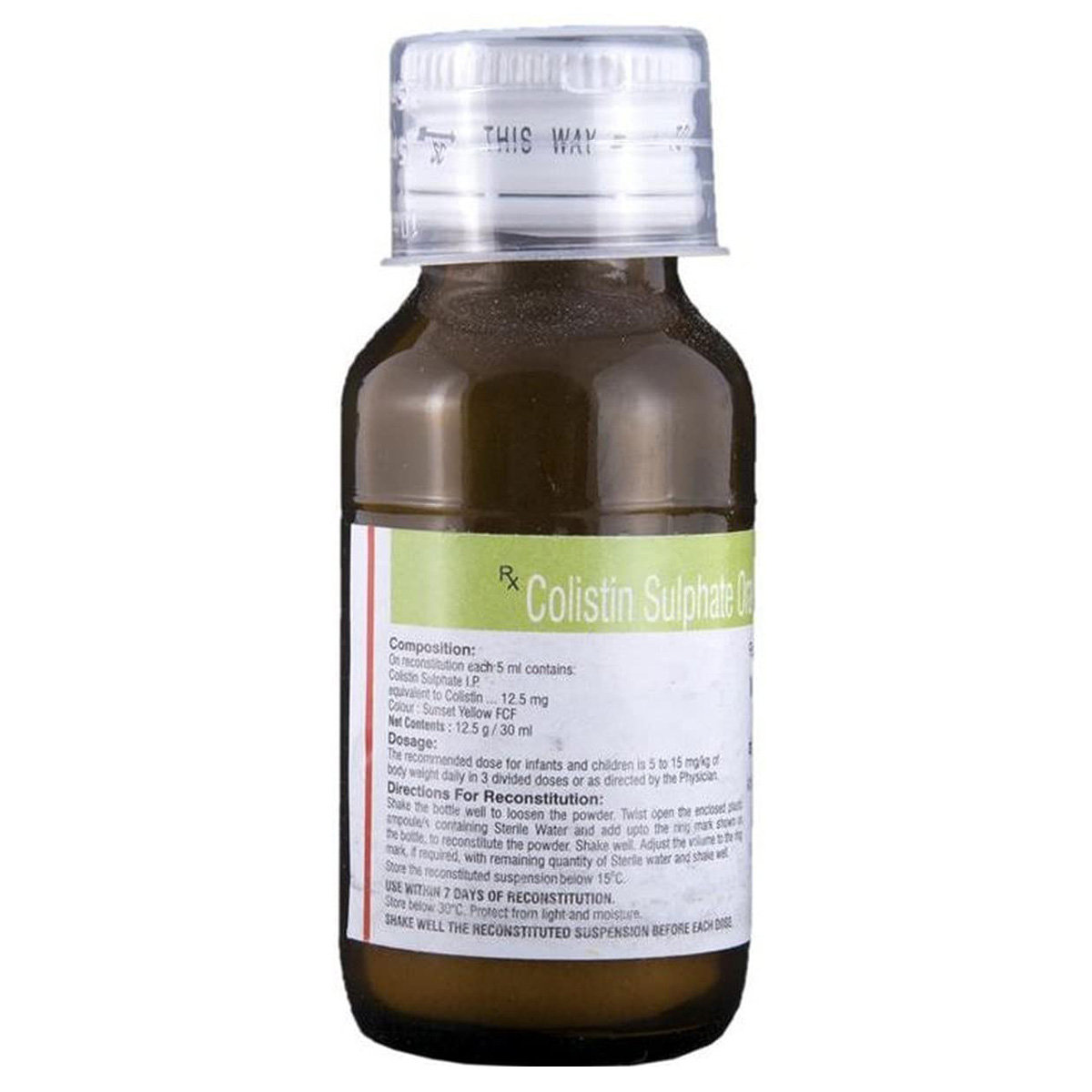
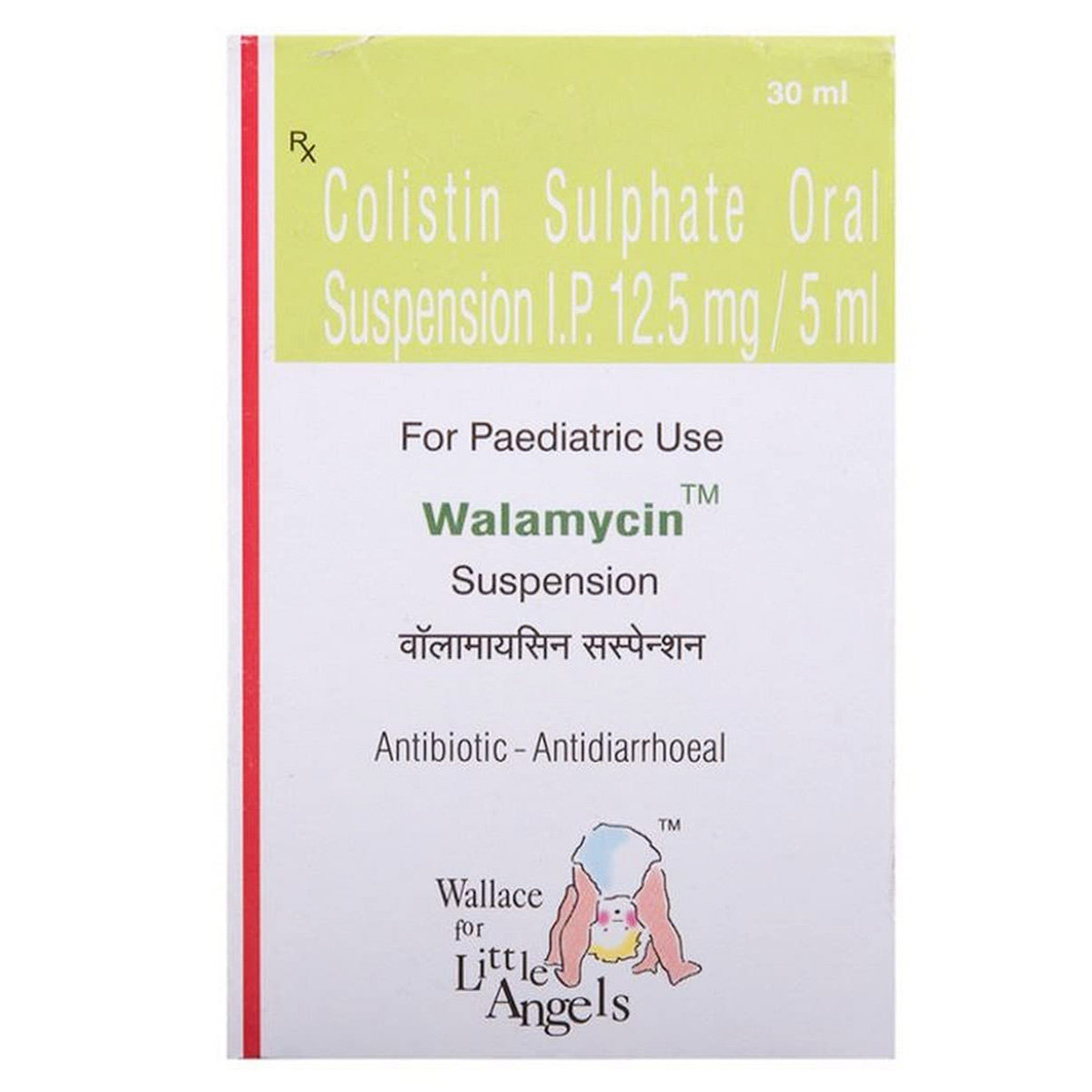
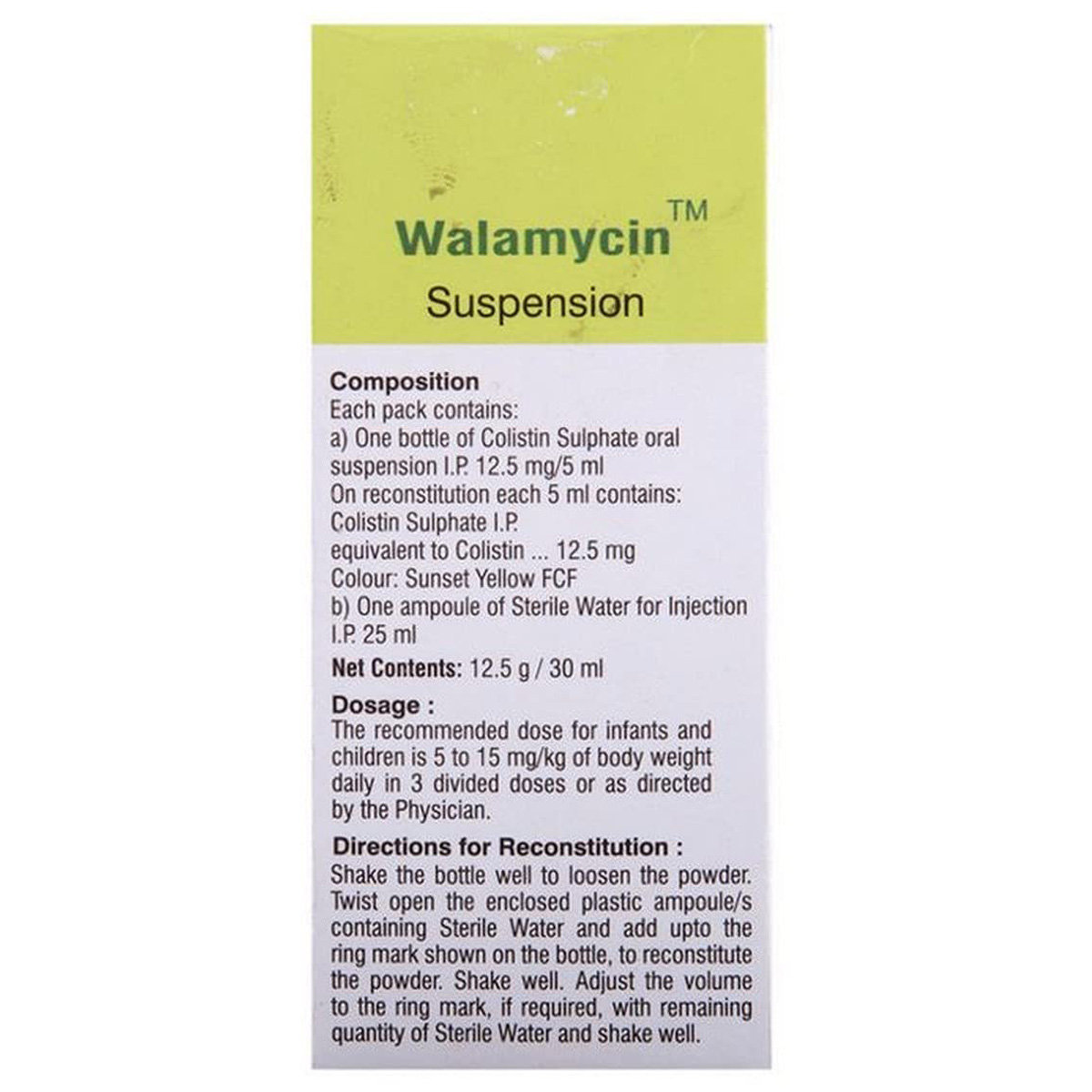
MRP ₹64
(Inclusive of all Taxes)
₹9.6 Cashback (15%)
Walamycin Suspension is used in the treatment of bacterial infections in the stomach, bowel, and intestines of children. It contains Colistin Sulphate, which works by damaging bacterial cell membranes that are essential for their survival. Thus, it kills bacteria and helps to treat bacterial infections. Give It to your child as prescribed by the doctor. This medication may cause side effects such as nausea, vomiting, loss of appetite and stomach upset. Most of these side effects do not require medical attention and gradually resolve over time. However, if the side effects persist or worsen, please consult your doctor.
Know Your Delivery Time
Provide Delivery Location

Secure Payment

India's Most Trusted Pharmacy

Genuine Products
Synonym :
Composition :
Manufacturer/Marketer :
Consume Type :
Return Policy :
Expires on or after :
About Walamycin Suspension
Walamycin Suspension is used in the treatment of bacterial infections in the stomach, bowel, and intestines of children. Bacterial infection is a condition when harmful bacteria grow in the body and cause infection. It can infect any part of the body and multiply very quickly.
Walamycin Suspension contains Colistin Sulphate, which works by damaging bacterial cell membranes that are essential for their survival. Thus, it kills bacteria and helps to treat bacterial infections.
Give Walamycin Suspension to your child as prescribed by the doctor. Walamycin Suspension may cause side effects such as nausea, vomiting, loss of appetite and stomach upset. Most of these side effects of Walamycin Suspension do not require medical attention and gradually resolve over time. However, if the side effects persist or worsen, please consult your doctor.
If your child is allergic to Colistin Sulpate or any other medicines, please tell the doctor. Walamycin Suspension should be used only in doses prescribed by a doctor for children. You are recommended to complete the full course of Walamycin Suspension as prescribed by the doctor, even if your child feels better after a few days.
Uses of Walamycin Suspension
Walamycin Suspension is used in the treatment of Bacterial infections. The detailed uses of Walamycin Suspension are as follows:
- Treatment of bacterial infections: Walamycin Suspension is used to treat bacterial infections in the stomach, intestines, and bowel in children, especially when caused by gram-negative bacteria that are resistant to other antibiotics.
- Multidrug-resistant (MDR) infections: Walamycin Suspension is useful in treating multidrug-resistant (MDR) infections, when other antibiotics fail.

Have a query?
Directions for Use
- Walamycin Suspension can be given to your child with food to avoid stomach upset.
- Follow the doctor’s instructions regarding the required dosage and timing of this medication, and use it as per the instructions on the label.
- Shake the bottle well to loosen the powder.
- Twist open the enclosed plastic ampoule containing sterile water and add to the ring mark on the bottle to reconstitute the powder. Shake well to form a reconstituted suspension. Add more sterile water if required to make up to the mark.
- Give the prescribed dose to your child by mouth using the measuring cup/dosing syringe/dropper provided with the pack.
- The reconstituted suspension should be stored below 15°C and used within 7 days of preparation.
Medicinal Benefits
Walamycin Suspension belongs to the class of medications called antibiotics. It is used to treat infections of the stomach and intestines caused by gram-negative bacteria. Walamycin Suspension contains Colistin Sulphate, which works by damaging bacterial cell membranes that are essential for their survival. Thus, it kills bacteria and helps to treat bacterial infections. Also, it acts as an antidiarrhoeal and is used to treat infectious diarrhoea (infection of the intestines that causes bloody diarrhoea).
How Walamycin Suspension Works
Storage
- Inform Your Doctor: Notify your doctor immediately about your diarrhoea symptoms. This allows them to adjust your medication or provide guidance on managing side effects.
- Stay Hydrated: Drink plenty of fluids to replace lost water and electrolytes. Choose water, clear broth, and electrolyte-rich drinks. Avoid carbonated or caffeinated beverages to effectively rehydrate your body.
- Follow a Bland Diet: Eat easy-to-digest foods to help firm up your stool and settle your stomach. Try incorporating bananas, rice, applesauce, toast, plain crackers, and boiled vegetables into your diet.
- Avoid Trigger Foods: Steer clear of foods that can worsen diarrhoea, such as spicy, fatty, or greasy foods, high-fibre foods, and dairy products (especially if you're lactose intolerant).
- Practice Good Hygiene: Maintain good hygiene to prevent the spread of infection. To stay healthy, wash your hands frequently, clean and disinfect surfaces regularly, and avoid exchanging personal belongings with others.
- Take Anti-Diarrheal Medications: If your doctor advises, anti-diarrheal medications such as loperamide might help manage diarrhoea symptoms. Always follow your doctor's directions.
- Keep track of your diarrhoea symptoms. If they don't get better or worse or are accompanied by severe stomach pain, blood, or dehydration signs (like extreme thirst or dark urine), seek medical help.
- Drink water or other clear fluids.
- To prevent worsening of pain, limit intake of tea, coffee, or alcohol.
- Include bland foods like rice, toast, crackers, and rice in your diet.
- Avoid lying down immediately after eating as it may cause indigestion or heartburn.
- Avoid acidic and spicy food as it may cause indigestion.
- Preventing Vomiting (Before it Happens)
- Take medication exactly as prescribed by your doctor. This can help minimize side effects, including vomiting.
- Having a small meal before taking your medication can help reduce nausea and vomiting.
- Talk to your doctor about taking anti-nausea medication along with your prescribed medication.
- Managing Vomiting (If it Happens)
- Try taking ginger in the form of tea, ale, or candy to help alleviate nausea and vomiting.
- What to Do if Vomiting Persists
- Consult your doctor if vomiting continues or worsens, consult the doctor for guidance on adjusting your medication or additional treatment.
- Inform your doctor about your constipation symptoms. They may adjust your medication or advise alternative treatments.
- Stay hydrated by drinking sufficient of water (at least 8-10 glasses a day) to help soften stool and promote bowel movements.
- Increase fibre intake by eating foods high in fibre, such as fruits, whole grains, vegetables and legumes, to help bulk up the stool.
- Establish a bowel routine by trying to go to the bathroom at the same time each day to train your bowels.
- Engaging in regular exercise, like walking or yoga, can support in bowel movement stimulation.
- Consult your doctor if constipation persists, and discuss alternative treatments or adjustments to your medication.
- Inform your doctor about the nausea and discuss possible alternatives to the medication or adjustments to the dosage.
- Divide your daily food intake into smaller, more frequent meals to reduce nausea.
- Opt for bland, easily digestible foods like crackers, toast, plain rice, bananas, and applesauce.
- Avoid certain foods that can trigger nausea, such as fatty, greasy, spicy, and smelly foods.
- Drink plenty of fluids, such as water, clear broth, or electrolyte-rich beverages like coconut water or sports drinks.
- Use ginger (tea, ale, or candies) to help relieve nausea.
- Get adequate rest and also avoid strenuous activities that can worsen nausea.
- Talk to your doctor about taking anti-nausea medication if your nausea is severe.
- Record when your nausea occurs, what triggers it, and what provides relief to help you identify patterns and manage your symptoms more effectively.
- Rest well; get enough sleep.
- Eat a balanced diet and drink enough water.
- Manage stress with yoga and meditation.
- Limit alcohol and caffeine.
- Physical activities like walking or jogging might help boost energy and make you feel less tired.
What if I have taken an overdose of Walamycin Suspension
Drug Warnings
If your child is allergic to Colistin Sulphate or any other medicines, please tell the doctor. Walamycin Suspension should be used in children only in doses as prescribed by a doctor. You are recommended to complete the full course of Walamycin Suspension as prescribed by the doctor, even if your child feels better after a few days.
Drug-Drug Interactions
Drug-Drug Interactions
Login/Sign Up
Coadministration of Walamycin Suspension 30 ml along with BCG vaccine can reduce the treatment outcomes.
How to manage the interaction:
Taking Walamycin Suspension 30 ml with BCG vaccine is avoided as it may lead to an interaction, please consult your doctor before taking it.
Combining Walamycin Suspension 30 ml with Tenofovir alafenamide may increase the risk of kidney problems.
How to manage the interaction:
Although there is a possible interaction between Walamycin Suspension 30 ml and Tenofovir alafenamide, you can take these medicines together if prescribed by your doctor. However, consult a doctor if you experience an upset stomach, rash, dizziness, or fever. Do not stop using any medications without a doctor's advice.
Taking Human immunoglobulin with Walamycin Suspension 30 ml, may raise the risk of kidney problems.
How to manage the interaction:
There may be a possibility of interaction between Human immunoglobulin and Walamycin Suspension 30 ml, but it can be taken if prescribed by a doctor. However, if you experience nausea, vomiting, loss of appetite, increased or decreased urination, sudden weight gain or loss, fluid retention, swelling, shortness of breath, muscle cramps, tiredness, weakness, dizziness, confusion, or an irregular heart rhythm, consult a doctor. Do not discontinue any medications without consulting a doctor.
Coadministration of Streptomycin with Walamycin Suspension 30 ml may increase the risk of side effects.
How to manage the interaction:
Although there is a possible interaction between Walamycin Suspension 30 ml and Streptomycin, you can take these medicines together if prescribed by your doctor. However, if you experience shortness of breath, muscle pain, dizziness, or palpitations, call a doctor right away. Do not stop using any medications without a doctor's advice.
Using Pancuronium with Walamycin Suspension 30 ml can increase the risk of developing side effects.
How to manage the interaction:
Although there is a possible interaction between Walamycin Suspension 30 ml and Pancuronium, you can take these medicines together if prescribed by your doctor. However, if you experience an upset stomach, rash, dizziness, or fever, consult a doctor. Do not stop using any medications without a doctor's advice.
Coadministration of Cisatracurium with Walamycin Suspension 30 ml may increase the risk of side effects of Cisatracurium.
How to manage the interaction:
Although there is a possible interaction of Cisatracurium with Walamycin Suspension 30 ml, it can be taken if prescribed by your doctor. However, if you experience an upset stomach, Rash, Dizziness, Slurred speech, Vertigo, or Fever, consult a doctor. Do not stop using any medications without a doctor's advice.
Coadministration of Pipecuronium bromide with Walamycin Suspension 30 ml may increase the risk of side effects.
How to manage the interaction:
Although there is a possible interaction between Walamycin Suspension 30 ml and pipecuronium bromide, you can take these medicines together if prescribed by your doctor. However, if you experience an upset stomach, Rash, Dizziness, or Fever, consult a doctor. Do not stop using any medications without a doctor's advice.
Coadministration of Rocuronium bromide with Walamycin Suspension 30 ml may increase the side effects of Rocuronium bromide.
How to manage the interaction:
Although there is a possible interaction between Walamycin Suspension 30 ml and Rocuronium bromide, you can take these medicines together if prescribed by your doctor. However, if you experience an upset stomach, Rash, Dizziness, or Fever, consult a doctor. Do not stop using any medications without a doctor's advice.
Using Vecuronium with Walamycin Suspension 30 ml can make Vecuronium more effective in therapy.
How to manage the interaction:
Although there is a possible interaction between Walamycin Suspension 30 ml and Vecuronium, you can take these medicines together if prescribed by your doctor. However, if you experience an upset stomach, rash, dizziness, or fever, consult a doctor. Do not stop using any medications without a doctor's advice.
Coadministration of Walamycin Suspension 30 ml with Kanamycin can increase the level and risk of Walamycin Suspension 30 ml side effects.
How to manage the interaction:
Although there is a possible interaction between Walamycin Suspension 30 ml and Kanamycin, you can take these medicines together if prescribed by your doctor. However, if you experience shortness of breath, swelling, muscle pain, dizziness, or palpitations call your doctor right away. Do not stop using any medications without a doctor's advice.
Drug-Food Interactions
Drug-Food Interactions
Login/Sign Up
Diet & Lifestyle Advise
- Give probiotics after completing the full course to restore some healthy bacteria in the intestines that may have been killed. Probiotics after antibiotic treatment can reduce the risk of antibiotic-associated diarrhoea. Certain fermented foods like cheese, yoghurt, kombucha, sauerkraut, and kimchi can help to restore the good bacteria of the intestine.
- Include fibre-rich foods, as they can be easily digested by gut bacteria, which helps stimulate their growth. Thus, fibre-rich foods may help restore healthy gut bacteria after a course of antibiotics.
- Make sure your child drinks plenty of water or other fluids every day.
Habit Forming
Therapeutic Class
All Substitutes & Brand Comparisons
RX
Out of StockColifate Suspension
₹23.75
(₹0.71/ 1ml)
63% CHEAPERRX
Out of StockColizin Oral Suspension
Plena Remedies
₹41
(₹1.23/ 1ml)
35% CHEAPERRX
Out of StockBestomycin Suspension
Bestochem Formulations (I) Ltd
₹56.53
(₹1.7/ 1ml)
11% CHEAPER
Alcohol
Not applicable
-
Pregnancy
Not applicable
-
Breast Feeding
Not applicable
-
Driving
Not applicable
-
Liver
Consult your doctor
If your child is suffering from liver disease, inform your doctor before using Walamycin Suspension.
Kidney
Consult your doctor
If your child is suffering from kidney disease, inform your doctor before using Walamycin Suspension.
Children
Safe if prescribed
Walamycin Suspension should be used for children in dose and duration as the doctor advises.
Heart
Walamycin Suspension should be used with caution in children with heart problems, as it may cause side effects like dizziness, neurotoxicity, or electrolyte imbalance. Always consult a pediatrician before use to ensure it's safe for your child's condition.
Geriatrics
Not applicable
Walamycin Suspension is specifically for children use and is not meant for geriatric patients.
FAQs
Walamycin Suspension is used in the treatment of bacterial infections in the stomach, bowel, and intestines of children.
Walamycin Suspension contains Colistin Sulphate, which works by damaging bacterial cell membranes that are essential for their survival. Thus, it kills bacteria and helps to treat bacterial infections.
You are not recommended to stop giving Walamycin Suspension to your child without consulting the doctor as it may worsen the condition or cause recurring symptoms. Therefore, use Walamycin Suspension for as long as your doctor has prescribed it, and if your child experiences any difficulty while taking Walamycin Suspension, please consult your doctor.
Country of origin
Manufacturer/Marketer address
Customers Also Bought
Disclaimer
Author Details
We provide you with authentic, trustworthy and relevant information
Buy best Infections & Infestation products by
Cipla Ltd
Macleods Pharmaceuticals Ltd
Alkem Laboratories Ltd
Lupin Ltd
Abbott India Ltd
Mankind Pharma Pvt Ltd
Sun Pharmaceutical Industries Ltd
Aristo Pharmaceuticals Pvt Ltd
Micro Labs Ltd
Intas Pharmaceuticals Ltd
Glenmark Pharmaceuticals Ltd
FDC Ltd
Zydus Healthcare Ltd
Ipca Laboratories Ltd
United Biotech Pvt Ltd
Torrent Pharmaceuticals Ltd
Emcure Pharmaceuticals Ltd
Leeford Healthcare Ltd
Zuventus Healthcare Ltd
Hetero Drugs Ltd
Biochem Pharmaceutical Industries Ltd
Dr Reddy's Laboratories Ltd
Fusion Health Care Pvt Ltd
Alembic Pharmaceuticals Ltd
Cadila Healthcare Ltd
Zydus Cadila
Indoco Remedies Ltd
AAA Pharma Trade Pvt Ltd
Wockhardt Ltd
Morepen Laboratories Ltd
Cadila Pharmaceuticals Ltd
Converge Biotech Pvt Ltd
GlaxoSmithKline Pharmaceuticals Ltd
Gufic Bioscience Ltd
Capital Pharma
Elder Pharmaceuticals Ltd
Blue Cross Laboratories Pvt Ltd
Hetero Healthcare Pvt Ltd
Alniche Life Sciences Pvt Ltd
Akumentis Healthcare Ltd
Medishri Healthcare Pvt Ltd
Mylan Pharmaceuticals Pvt Ltd
Corona Remedies Pvt Ltd
Apex Laboratories Pvt Ltd
Pfizer Ltd
Vasu Organics Pvt Ltd
Wallace Pharmaceuticals Pvt Ltd
Veritaz Healthcare Ltd
Samarth Life Sciences Pvt Ltd
Koye Pharmaceuticals Pvt Ltd
Unifaith Biotech Pvt Ltd
Laborate Pharmaceuticals India Ltd
Overseas Health Care Pvt Ltd
Hegde & Hegde Pharmaceutica Llp
Shreya Life Sciences Pvt Ltd
Lincoln Pharmaceuticals Ltd
Canixa Life Sciences Pvt Ltd
East West Pharma India Pvt Ltd
Ranbaxy Laboratories Ltd
Biochemix Health Care Pvt Ltd
Biocon Ltd
Klm Laboratories Pvt Ltd
Natco Pharma Ltd
Zymes Bioscience Pvt Ltd
Ajanta Pharma Ltd
Indchemie Health Specialities Pvt Ltd
Medley Pharmaceuticals Ltd
Pristine Pearl Pharma Pvt Ltd
Aequitas Healthcare Pvt Ltd
Allites Life Sciences Pvt Ltd
German Remedies Ltd
Brinton Pharmaceuticals Ltd
Icarus Health Care Pvt Ltd
J B Chemicals & Pharmaceuticals Ltd
Neon Laboratories Ltd
Unichem International
Yuventis Pharmaceuticals
Aurz Pharmaceutical Pvt Ltd
Unipark Biotech Pvt Ltd
BDR Pharmaceuticals Internationals Pvt Ltd
Biological E Ltd
Celon Laboratories Pvt Ltd
DR Johns Lab Pharma Pvt Ltd
Kivi Labs Ltd
La Renon Healthcare Pvt Ltd
Intra Life Pvt Ltd
Medgen Drugs And Laboratories Pvt Ltd
Megma Healthcare Pvt Ltd
Aionios Pharma Pvt Ltd
Kepler Healthcare Pvt Ltd
Zee Laboratories Ltd
Indiabulls Pharmaceuticals Pvt Ltd
Nicholas Piramal India Ltd
Suraksha Pharma Pvt Ltd
Concord Biotech Ltd
Fresenius Kabi India Pvt Ltd
Lividus Pharmaceuticals Pvt Ltd
Novartis India Ltd
Signova Pharma
Auspharma Pvt Ltd




